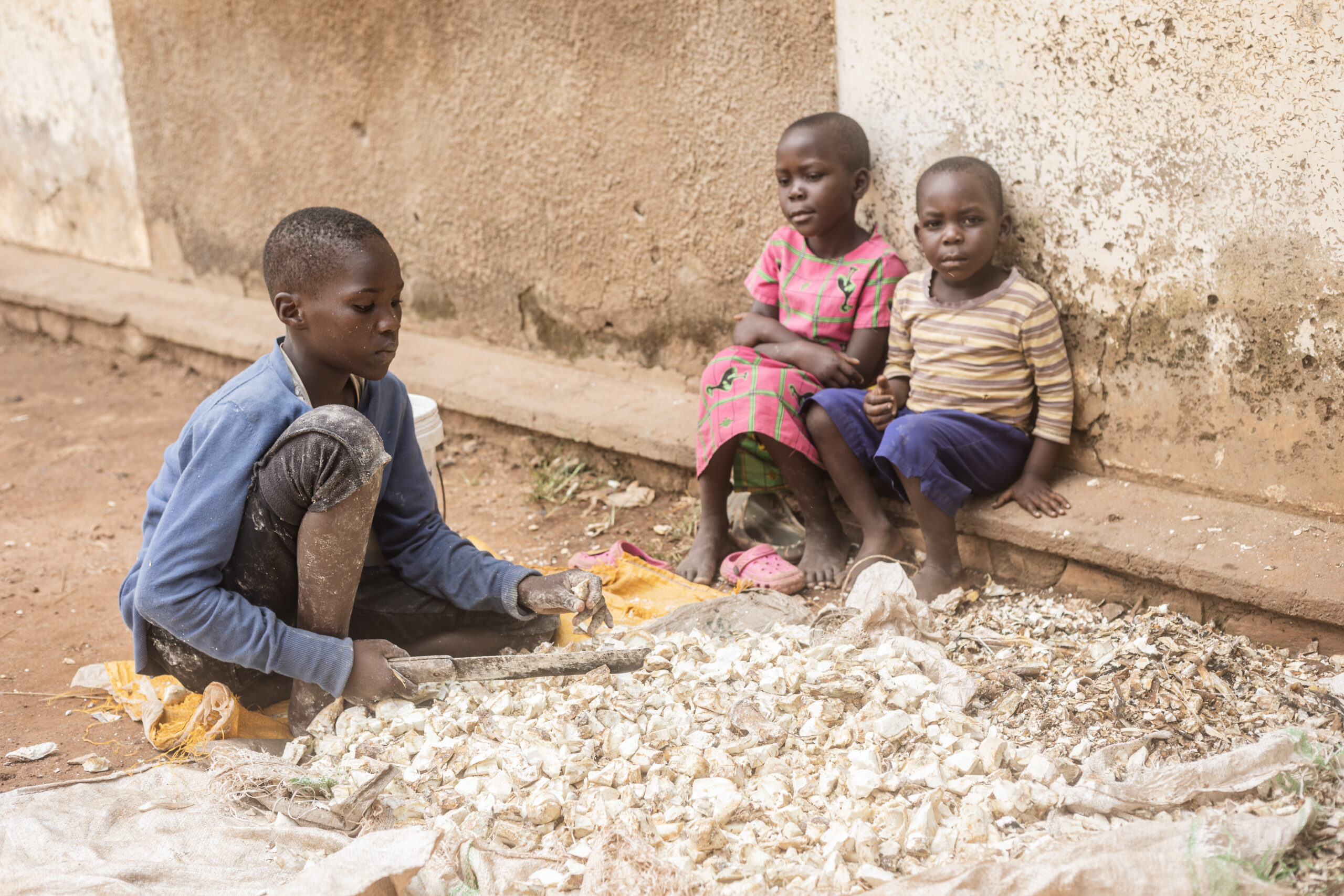Child
marriage is an extreme violation of children’s rights and the worst form of
child sexual abuse. It robs children of their agency, their childhood, their
wellbeing and their potential. Being sexually abused too young forces children
into physical and emotional relationships they are not ready for, that they
have not chosen, and that they have little control over. It is an act of
gender-based violence that isolates children especially girls and exposes them
to physical and emotional abuse and the risks associated with early pregnancy
and childbirth.
Child
marriage should be at the center of national development plans and policies.
National action plans to end child marriage and respond to the needs of married
girls are critical to enabling different interventions led by different sectors
to support one another. Through providing forums for information sharing,
national action plans help interventions to be delivered effectively.
Ending
Child Marriage could save Uganda billions of dollars; it could lead to welfare benefits
for the country for about $2.4 billion by 2030. By contrast, ending the
practice will have a multiplier effect for Uganda since it has the highest
rates of child marriage in sub- Saharan Africa. An environment without child marriage could
result in billions of dollars in savings from welfare and education budgets
through increased earnings, along with the human and economic benefits of
reductions in child mortality, stunting and early child birth.
As
child marriage rates decline, government savings and growth will increase
national resources for human and economic development and bring Uganda closer to
achieving a range of national, regional and global development goals by 2030.
Ending
child marriage increases girl’s chances of staying in school, girls who stay in
school are likely to delay marriage and work towards achieving their full
potential. Uganda has one of the youngest populations in Africa: According to
the 2014 census, 55 percent of its population (now estimated at about 42
million) is below 18 years old. The report’s economic argument is that women
who are girls now, and who wait to marry and have children, are more likely to
complete their education and earn more later in life. And that this will help
them to take better care of themselves and their children in the future.
Ending
child marriage could also increase their participation in the labor force.
Instead of marrying early, earnings in adulthood early could increase by 14
percent, leading to an overall increase of one percent in earnings in the
population
Uganda
has adopted many progressive policies and regulations including the National
strategy to end child marriage and teenage pregnancy, the National Child policy
and Violence against Children strategy to safeguard the rights of girls, but
many are not enforced. Increased investment in adolescent girls could have a
majorly positive impact on Uganda and accelerate its development. And
initiatives that are already successful could be scaled up quickly to make a
big difference.
Tukwasibwe Sandra Karungi
Head of Programs






